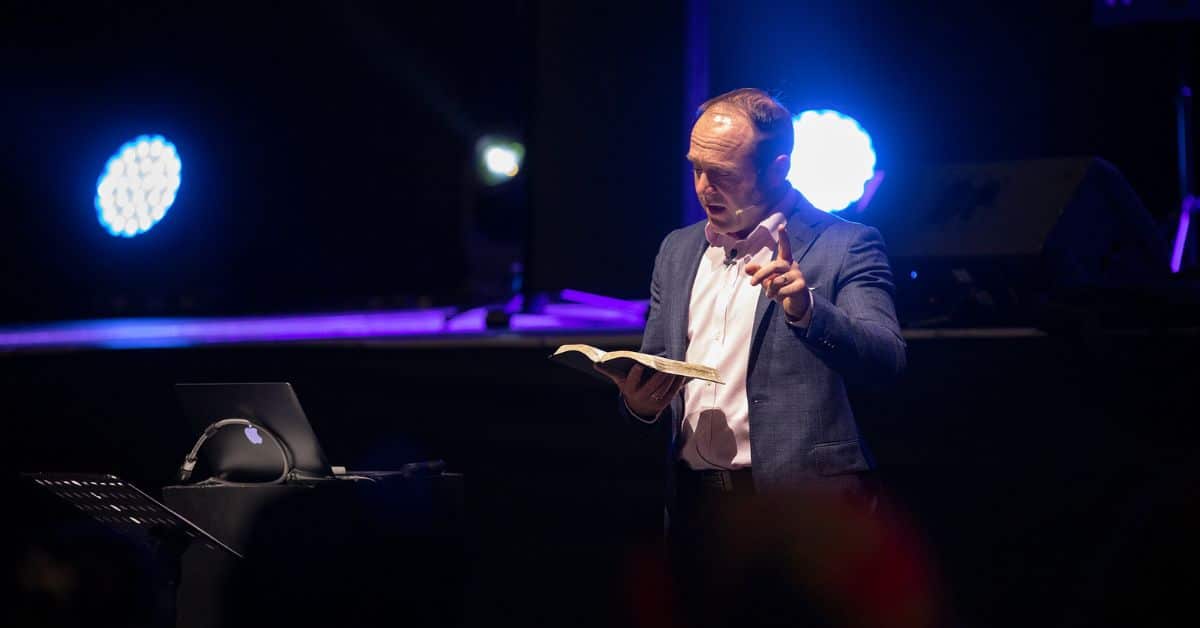Introduction
Catholic education continues to have an extraordinary impact on the lives of so many individual children around the world and also upon entire societies. The unique perspective of a Catholic school on the value and dignity of every human person creates a framework of beliefs and expectations that sees the best in human potential brought to life.
In this article we will explore many of the key aspects of the modern Catholic school and why Catholic education has become the choice of so many families.
This article will draw upon key insights from essential Catholic documents such as The Catholic School and also upon recent content from the United States Catholic Bishop’s Conference and finally some important considerations from Archbishop Michael Miller on The Five Essential Marks of Catholic Schools. There is also excellent support material available from the National Catholic Educational Association

Historical Context
Modern Catholic schools have their essential beginnings in the teaching ministry of Jesus Christ himself. More than any other action, including healing the sick, Jesus taught. Central to His identity, Jesus was a teacher. At the conclusion of His earthly ministry, recorded in the Gospel of Luke, Chapter 28, Jesus clearly and specifically instructs his disciples to go out into the world and continue the task of teaching.
In the early Christian Church, teaching the faith to new followers remained central. In later centuries the role of teaching the Catholic faith began to include care for the poor and the vocational education of children. Dedicated teachers focused on a deep sense of Catholic mission sought to develop school communities focused upon holistic education, academic achievement, quality teaching and quality education.
During the growth of the Catholic school through the years, key figures such Mary Mackillop, Marcellin Champagnat and Don Bosco played influential roles in helping many children and students to build a vision for a brighter future and not merely a life of drudgery and dependence. From the early 20th century, Catholic high school students were prepared for a more modern workforce as Catholic High schools began to flourish.
Who Can Enrol?
Every child’s education is important and no baptised child should be excluded if their parents seek Catholic schools as their preference over government schools or other private schools. The school culture of a Catholic school is a unique one. Many parents choose Catholic education as students benefit from a focus upon the whole child, the presence of Gospel values where students learn that God’s grace is available to all young people regardless of their background.
Many families and their children are also attracted to the values of Catholic schools. As such, many Catholic schools seek to be open to not only Catholic children but also to non Catholic school students who are open to the Catholic faith. As Catholic schools find their reason for existence in the mission of the Catholic Church, no one is excluded from the possibility of the education offered by Catholic schools.

Core Principles
Catholic schools exist as a community of faith. They seeks to help students see themselves as community members along with Catholic educators, catholic families and members of the local Church parish all working together as a community of Catholic mission.
Within this community of faith, Jesus is the essential role model. In an ever changing world, He alone is the stable centre of all Catholic schools. Catholic schools seeks to make Jesus known and to encourage students to build their educational foundation upon Him. Following the rich teaching of The Second Vatican Council in the document Gaudium et Spes, “…it is only in the mystery of the Incarnate Word that the mystery of the human person takes on light.”
The Catholic school is also a centre of social justice where every person is valued and cared for. A special focus upon the needs of the most vulnerable is also an integral part of every Catholic school.
Affordability
The Catholic school will always seek to support school students in a range of financial circumstances. No child should be denied a chance of pursuing academic achievement or high quality education based solely upon their financial resources.
While both Catholic and public schools have a baseline for economic viability, Catholic schools seek to ensure faith education is available to more families if fee concessions are necessary.
Academic Excellence
Catholic schools and Catholic school students consistently report higher levels of academic achievement in contrast to public school peers. With a strong focus upon the learning process, critical thinking and the value of the human person, the Catholic school and committed Catholic educators help students learn to the best of their ability.
This holistic approach to education helps each child in Catholic schools pursue their potential whether that be vet programs, university degrees or other vocational education.

Accountability and Curriculum
Similar to public schools, Catholic schools also access government funding and this ensures the appropriate level of accountability.
Catholic schools also follow the Australian Curriculum with the added Learning Area of Religious Education
Social and Emotional Well-being
Catholic schools have a deep focus on the social and emotional development of students due to their integral view of human life and how that life is embedded in a community with teachers, other students and other families. The full development of students in these areas is crucial.
For each child the role of Social Emotional Learning in Catholic education is important. The Church believes that within Catholic schools we develop a view of each person as a social being created by God for positive and loving relationships within families, schools and the wider community.
Partnership With Parents
All Catholic schools recognise the inalienable role of parents as primary educators of their own children. Catholic schools are at the service of Catholic families and see the school as a partnership between students, parents and Catholic educators.
The lifelong learning that engages the whole person in a Catholic school is a result of this dynamic partnership where the child’s education is highly valued as the result of the school working closely with parents on a regular basis.

Conclusion
Catholic schools are unique places that seek to make the life, death and resurrection of Jesus Christ central to the entire educational project. Catholic schools are a crucial part of the missionary activity of the Catholic Church where religious education exists alongside academic excellence, Gospel values and where the school helps more families and children encounter the love of God for all students.
Catholic education is a wise choice for the increasing number of families who choose Catholic education in the complex modern educational landscape. Catholic schools are a truly unique educational community where school students with their dedicated teachers and parents pursue a truly high quality education based upon quality teaching the precious value of all young people.






